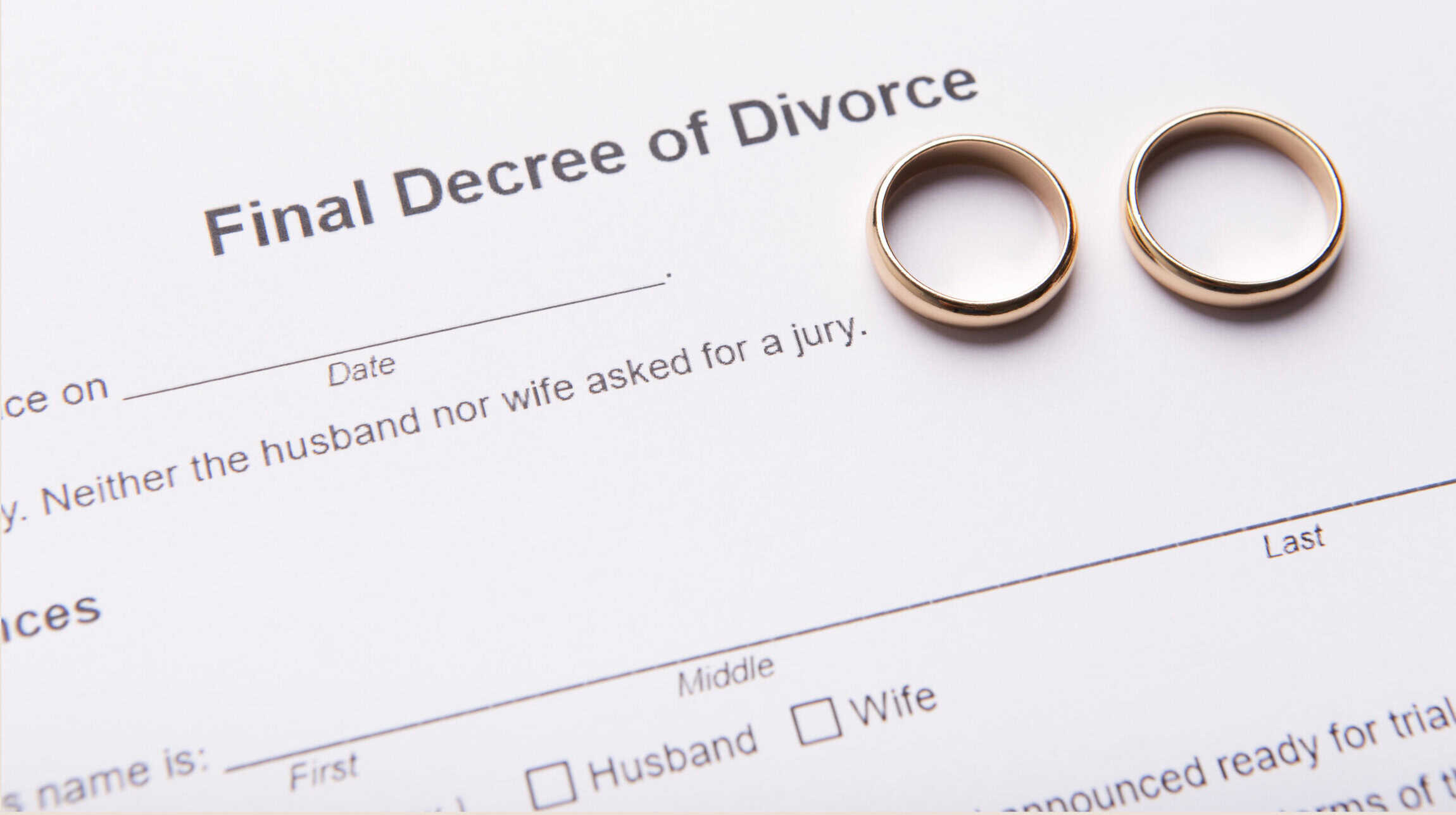Nerve damage from a car accident can have lasting effects on a victim’s health, ability to work, and overall quality of life. If you’ve suffered nerve damage due to a car accident, you may be entitled to various forms of compensation to help cover your losses. Understanding your legal rights and the types of compensation available is essential to ensuring you receive the financial support you deserve.
Legal Rights for Nerve Damage
If your nerve damage resulted from another driver’s negligence, you have the legal right to pursue compensation through a personal injury claim. Under personal injury law, victims are entitled to recover damages for their medical expenses, lost wages, pain, suffering and mental anguish and permanent disability resulting from the injury.
Establishing fault is crucial, and this often requires gathering strong evidence such as accident reports, medical documentation, and expert testimony. Additionally, victims have the right to seek legal representation to negotiate with insurance companies and ensure they receive fair compensation.
Types of Compensation Available
Understanding the different types of compensation available is key to ensuring you receive the financial support you need after suffering nerve damage.
1. Medical Expenses
Nerve damage often requires extensive medical treatment, which can be costly. Compensation for medical expenses may include:
- Emergency room visits: Immediate treatment following the accident to assess and stabilize injuries.
- Diagnostic tests (MRI, CT scan, EMG): Essential imaging and nerve studies to diagnose the extent of nerve damage and assess spinal cord involvement.
- Physical therapy and rehabilitation: Long-term rehabilitation to restore function, mobility, and reduce pain, especially for those with peripheral nerve injuries or peripheral neuropathy.
- Prescription medications: Pain management and nerve-related medications, including anti-inflammatory and neuropathic pain drugs to alleviate severe pain.
- Surgery and other necessary treatments: Procedures such as nerve grafting, decompression surgeries, or spinal treatments to repair or alleviate nerve damage, particularly if peripheral nerve damage or carpal tunnel syndrome is involved.
- Assistive devices: Expenses for braces, mobility aids, or other equipment needed to aid recovery and daily activities, especially in cases of central nervous system impairment.
2. Lost Wages and Loss of Earning Capacity
If your injury has forced you to take time off work or has permanently impacted your ability to earn income, you may be entitled to compensation for:
- Missed workdays: Recovery for lost income due to time off work for treatment, surgery, and rehabilitation.
- Reduced earning capacity: If nerve damage limits your ability to perform your previous job duties, leading to lower future wages.
- Career retraining: Compensation for vocational training if you need to switch careers due to your injury, particularly if muscle weakness or trouble walking is a factor.
- Loss of business income: For self-employed individuals, compensation for lost profits and work opportunities due to injury-related downtime.
3. Pain, Suffering and Mental Anguish
Beyond financial losses, nerve damage can cause significant physical pain and emotional distress. Compensation for pain and suffering may include:
- Chronic pain compensation: Many nerve injuries result in persistent pain, which can diminish a person’s quality of life and disrupt nerve function.
- Emotional distress: The psychological impact of chronic pain, including depression, anxiety, and PTSD, can be considered in settlements.
- Loss of enjoyment of life: Compensation for the inability to participate in hobbies, sports, or activities you once enjoyed.
- Sleep disturbances: Chronic nerve pain can lead to insomnia and reduced quality of sleep, further affecting mental and physical health.
4. Permanent Disability and Lifestyle Adjustments
For severe cases of peripheral nerve injuries or damage that result in permanent disability, additional compensation may be necessary to cover:
- Permanent injury: Permanent loss of function in an arm, leg or other body part.
- Home modifications: Adjustments such as wheelchair ramps, widened doorways, and specialized bathroom equipment.
- Vehicle modifications: Adaptations like hand controls or wheelchair-accessible vehicles for continued independence.
- Ongoing medical care: Chronic nerve damage may require lifelong medical treatment, including pain management and specialist visits.
- Long-term rehabilitation and therapy: Extended physical or occupational therapy to maintain function and manage symptoms, particularly for those with neurological disorders or autoimmune diseases.
- In-home care and assistance: If nerve damage limits mobility or daily function, compensation can cover home health aides or nursing care.
How to Maximize Compensation
Securing the highest possible compensation for nerve damage requires careful documentation, strong legal support, and a proactive approach. Whether your injury was caused by a workplace accident, medical malpractice, or another incident, following these steps can help ensure you receive fair compensation.
1. Seek Immediate Medical Attention
The first and most crucial step in any nerve damage claim is to seek prompt medical care. A medical professional can assess the extent of your injury, run necessary tests (such as MRIs or nerve conduction studies), and document your condition from the start. Immediate medical attention:
- Establishes a clear link between the injury and the incident that caused it.
- Provides a medical record that can be used as evidence in your case.
- Helps prevent further complications by ensuring you receive the proper treatment as soon as possible.
2. Follow Treatment Plans
Once diagnosed, it is essential to follow your doctor’s treatment plan. This may include physical therapy, medications, nerve stimulation therapies, or even surgical interventions. Failing to adhere to your prescribed treatment can negatively impact your case by:
- Giving insurance companies grounds to argue that your injury isn’t severe.
- Weakening your credibility in negotiations or court.
- Potentially reducing the compensation you are entitled to receive.
3. Keep Detailed Records
Thorough documentation is one of the most important factors in a successful claim. Keep track of:
- Medical records: Diagnoses, treatment plans, prescriptions, therapy sessions, and any recommendations for future care.
- Medical bills: All costs related to doctor visits, hospital stays, medications, surgeries, and rehabilitation.
- Lost wages: Pay stubs, tax returns, or employer statements showing missed work and reduced earning capacity.
- Insurance communications: Copies of emails, letters, and claim denials.
4. Document Your Pain and Limitations
Nerve damage can significantly impact daily life. Maintaining a personal injury journal can be valuable evidence in demonstrating the extent of your suffering. Document:
- Daily pain levels and fluctuations.
- Any difficulties performing routine tasks (e.g., walking, lifting, driving, or working).
- Emotional and psychological effects, such as anxiety, depression, or sleep disturbances.
- Limitations on hobbies, sports, or other activities you once enjoyed.
5. Consult a Personal Injury Attorney
Navigating a nerve damage claim on your own can be overwhelming, especially when dealing with insurance companies that aim to minimize payouts. Hiring a personal injury attorney who specializes in nerve injury cases can:
- Assess the full value of your claim, including medical expenses, lost wages, and pain and suffering.
- Gather expert testimony from neurologists and other specialists.
- Negotiate effectively with insurance companies.
- Represent you in court if necessary.
6. Avoid Early Settlement Offers
Insurance companies may try to offer a quick settlement to close the case before you fully understand the extent of your injuries. These initial offers are often much lower than what you are entitled to. Before accepting any settlement:
- Review the offer with your attorney.
- Consider future medical costs and lost earning potential.
- Ensure that the settlement accounts for long-term pain and suffering.
7. Gather Witness Statements
Testimony from people who are familiar with your injury and its impact on your life can be crucial. Witnesses may include:
- Medical professionals: Your doctor or specialist can provide expert testimony on the severity and prognosis of your nerve damage.
- Family members and friends: They can describe changes in your physical abilities, emotional well-being, and daily struggles.
- Employers or coworkers: They can provide statements on how your injury has affected your job performance and earning capacity.
8. Get an Independent Medical Evaluation
In some cases, obtaining a second medical opinion can strengthen your case. An independent medical evaluation (IME) can:
- Confirm the severity of your nerve damage.
- Provide an unbiased assessment of your treatment plan and prognosis.
- Challenge any downplayed diagnoses made by an insurance company’s doctor.
Factors Affecting Compensation Amount
The amount of compensation you receive depends on several key factors. The severity and permanence of your nerve damage play a significant role, as more severe injuries generally result in higher compensation. Additionally, the impact of the injury on your daily life and ability to work influences the claim, as those facing long-term disability or career changes may be entitled to greater damages.
Strong medical evidence and expert testimony can further strengthen your case by providing proof of the extent of your injuries. Finally, the limits of the at-fault party’s insurance policy and the effectiveness of settlement negotiations will also determine the final compensation amount.
Why Legal Representation Matters
Suffering nerve damage in a car accident can be life-altering, but you don’t have to face the financial burden alone. Understanding your right to compensation is the first step in securing the support you need for medical care, lost wages, and long-term well-being.
With the guidance of experienced personal injury attorneys like those at Renfro & Renfro, you can navigate the legal process with confidence and work toward a fair settlement. Don’t let insurance companies undervalue your claim—contact Renfro & Renfro today to protect your rights and maximize your compensation.






